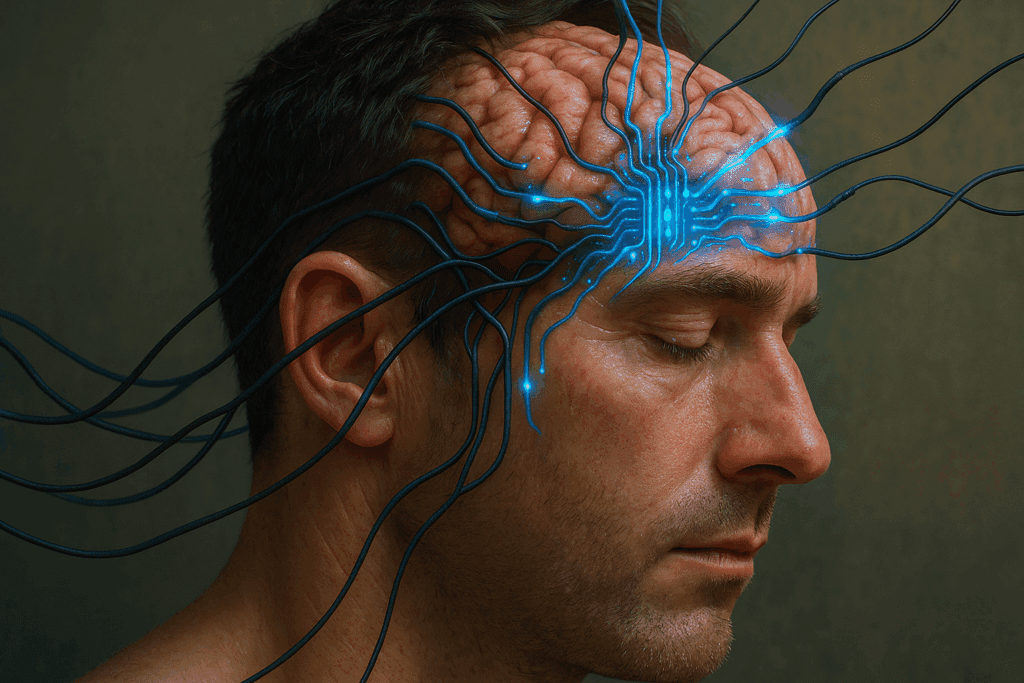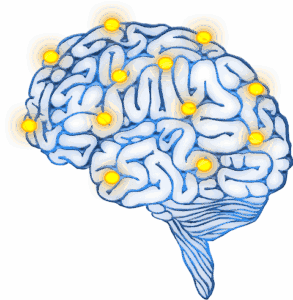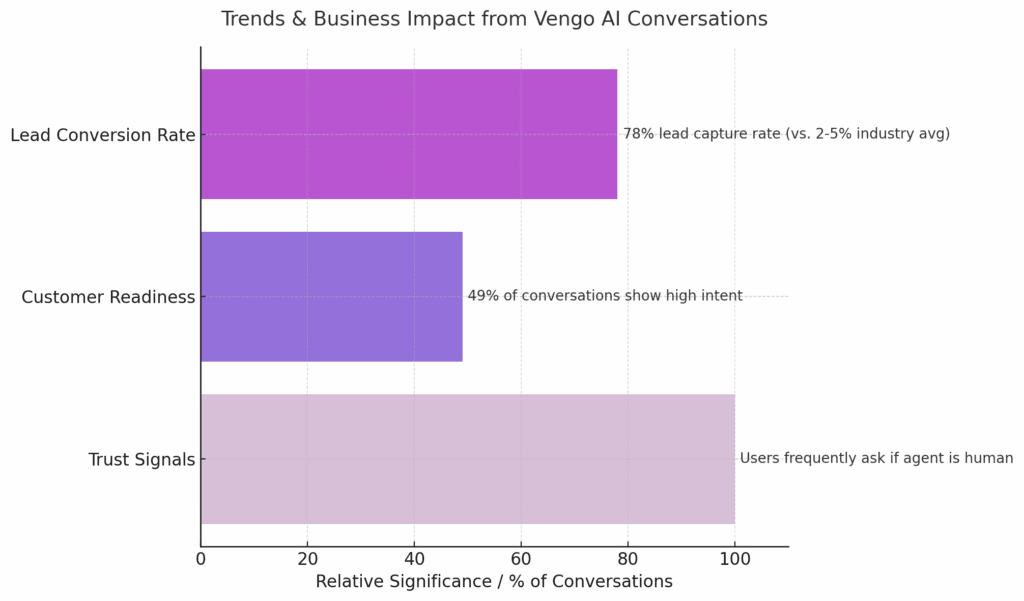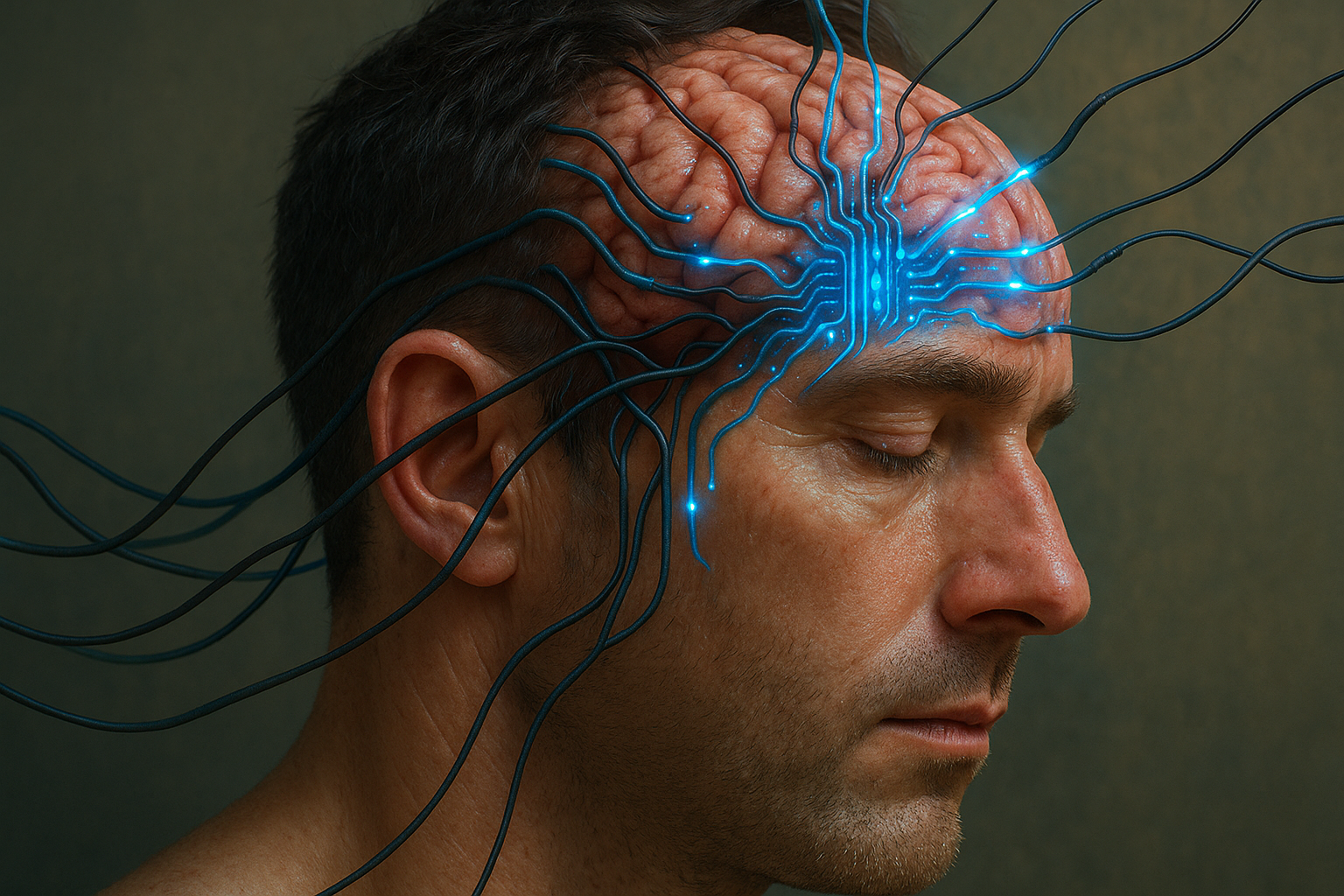Intro
AI is no longer just a tool—it’s becoming a trusted companion, silently reshaping how we think, act, and decide. But could that influence go so deep that it starts to feel… inherited? Could AI actually become part of our behavioral DNA?

Rewiring Thought Patterns
From morning routines powered by smart assistants to AI-driven tools guiding major purchases, the average person interacts with AI over 20 times a day, often without realizing it (Statista, 2024).

And these interactions aren’t neutral—they’re changing us:
-
73% of consumers say they’re more likely to trust a brand that uses AI to personalize their experience (Salesforce, 2023).
-
60% of Gen Z prefer receiving recommendations from AI over a human (PwC, 2024).
This constant reinforcement reshapes our cognitive shortcuts. We now:
-
Default to data over gut.
-
Seek real-time guidance before reflection.
-
Expect 24/7 access to decision support.
The Inheritance of Influence
Neuroscientists call it “neuroplasticity”—our brains rewire based on repetition. And epigenetics suggests that repeated patterns of stress, behavior, and even decision-making can alter gene expression passed down to the next generation.

So while AI won’t embed in your double helix anytime soon, the mental models it trains us to follow—efficiency, optimization, speed—are being taught to our children. Just like language and culture, AI-influenced thinking is learned—and learning is passed on.
Buyer Decisions Are Already Shifting
We’re seeing this play out in business:
-
Vengo AI analyzed hundreds of customer interactions and found that users engage longer and convert faster when speaking to an AI Agent compared to a static website.
-
Businesses using AI tools report up to 87% more qualified leads and 75% lower customer service costs, thanks to real-time, humanlike AI agents guiding buyers.

This shift doesn’t just influence what people buy—but how they make choices. AI Agents like Vengo AI don’t just answer questions—they reshape expectations.
Conclusion
So, is AI becoming part of our DNA? Not biologically—but behaviorally, it’s already happening. The tools we use today are quietly writing the playbook for how future generations will think, decide, and interact. And that influence might be the most human evolution of all.


